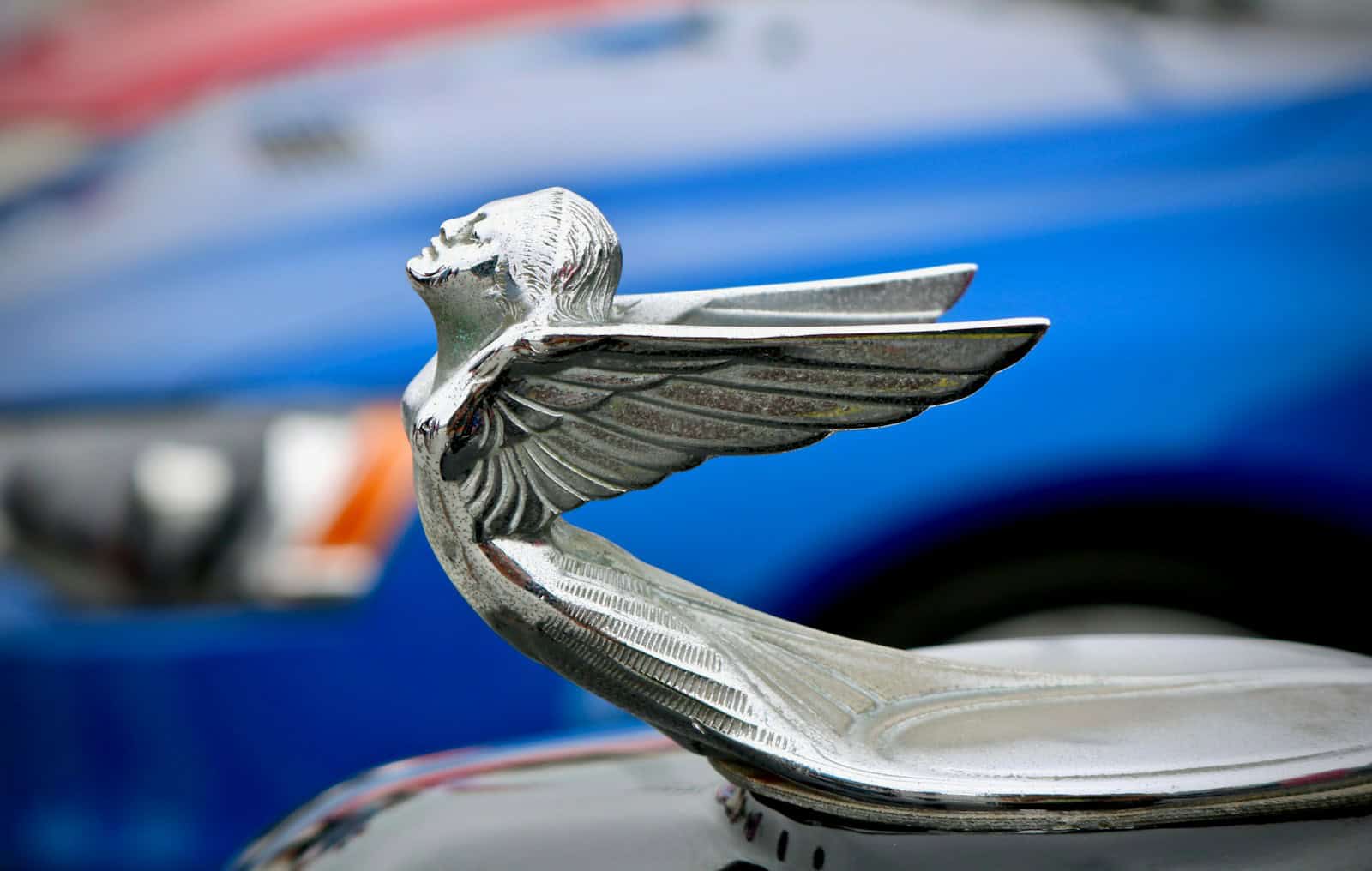
Photo by James Lee on Unsplash
Boeing To Introduce Flying Cars in Asia by 2030
April 19, 2024
Boeing, the U.S. aircraft manufacturer, has set its sights on introducing flying cars to Asia by 2030. The move aims to meet the growing demand for quick and efficient travel in the region’s congested cities. The company’s chief technology officer, Todd Citron, shared this vision with Nikkei Asia.
Under its subsidiary, Wisk Aero, Boeing is working on electric vertical take-off and landing (eVTOL) vehicles. These aircraft will feature autonomous technology, a rare feature among eVTOLs. Initially, Boeing plans to secure certification in the U.S. before extending its reach to Asian markets. The specifics of Boeing’s Asian business strategy, such as selling the eVTOLs to transportation service providers or running the services themselves, are yet to be determined.
Japan is among the countries Boeing is considering for its initial Asian launch. Currently, Japanese startup SkyDrive and Germany’s Volocopter have plans to operate air taxi services during the 2025 Osaka World Expo.
To bolster its research and development efforts, Boeing has opened a new facility in Nagoya. This marks the company’s seventh R&D center outside the U.S., joining locations in Australia, South Korea, and India. Previously, Boeing had rented space from other companies for its Japanese R&D operations, which were first established in 2022.
Nagoya was chosen as the site for the new facility due to its proximity to major suppliers like Mitsubishi Heavy Industries, Kawasaki Heavy Industries, and Subaru, all of which manufacture crucial components for Boeing. Additionally, the region boasts a strong automotive industry, which Boeing sees as a potential collaborator, particularly in the areas of fuel cells and electric vehicles.
Boeing Japan president, Will Shaffer, highlighted the benefits of locating in Nagoya, emphasizing the region’s access to skilled talent. Currently, Boeing employs 27 R&D professionals from 12 different countries in Japan, with plans to expand this number to around 50 in the coming years.
At the Nagoya facility, Boeing will focus on developing digital tools for aircraft design and manufacturing, researching sustainable aviation fuels, hydrogen fuel cells, and composite materials for aircraft bodies. The facility will also explore recycling technologies and methods to enhance production efficiency, along with the use of factory robots.
Recent News
Google’s Antitrust Trial Teeters On
Google’s landmark antitrust case against the Justice Department has reached its final stage, sparking concern across Silicon Valley. Prosecutors argue that Google’s dominance in online search and search advertising markets is illegal, while Google maintains its superiority. The outcome, to be decided by US District Judge Amit Mehta, could have significant implications not only for Google but also for other tech giants like Apple, Amazon, and Meta.
Virgin Galactic’s Unity Spacecraft Nears Final Flight
Virgin Galactic has announced that its Unity spacecraft is set to embark on its last commercial journey, marking a significant milestone for the company. The Galactic 07 mission, scheduled for June 8, will be the 12th and final flight of the Unity spacecraft before Virgin Galactic shifts its focus to its new Delta-class spacecraft.
Apple’s Vision Pro Headset Dominates Enterprise Market
Apple’s Vision Pro headset, a mixed-reality spatial computing device, has found its way into the arsenals of more than half of the Fortune 100 companies, with over 50% investing in at least one unit. This revelation came during Apple’s first quarter 2024 earnings call, where CEO Tim Cook highlighted the enthusiastic reception of their products within the corporate sector.
Cinco de Mayo 2024: Food and Drink Specials
Cinco de Mayo isn’t just a celebration of Mexican-American culture; it’s also a day of fantastic deals and specials across the nation. This year’s festivities kick off with deals that last until May 5th. Here’s a list of some of the offers:

